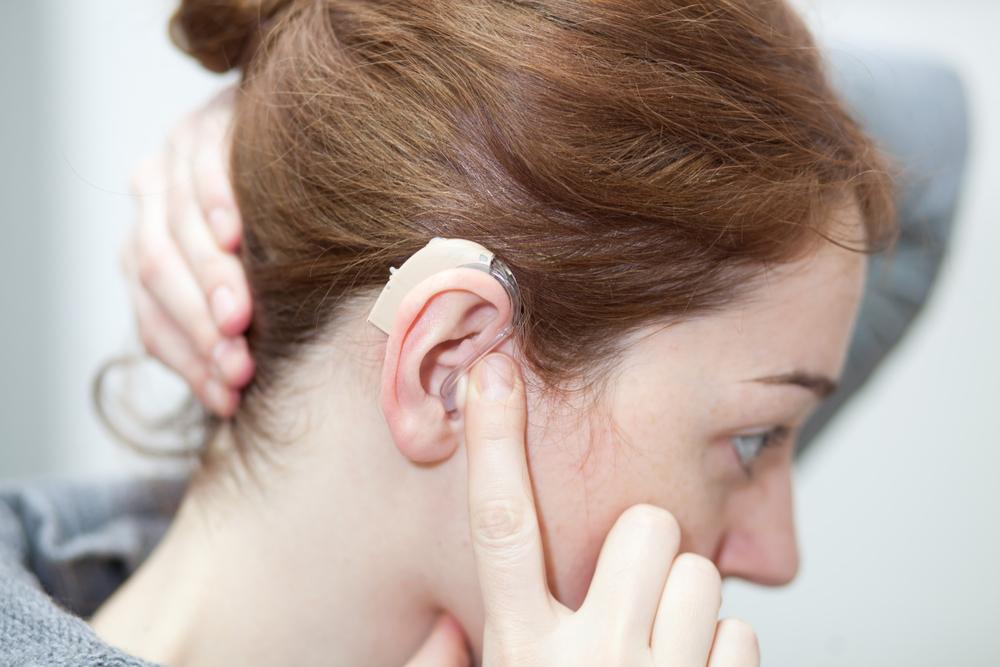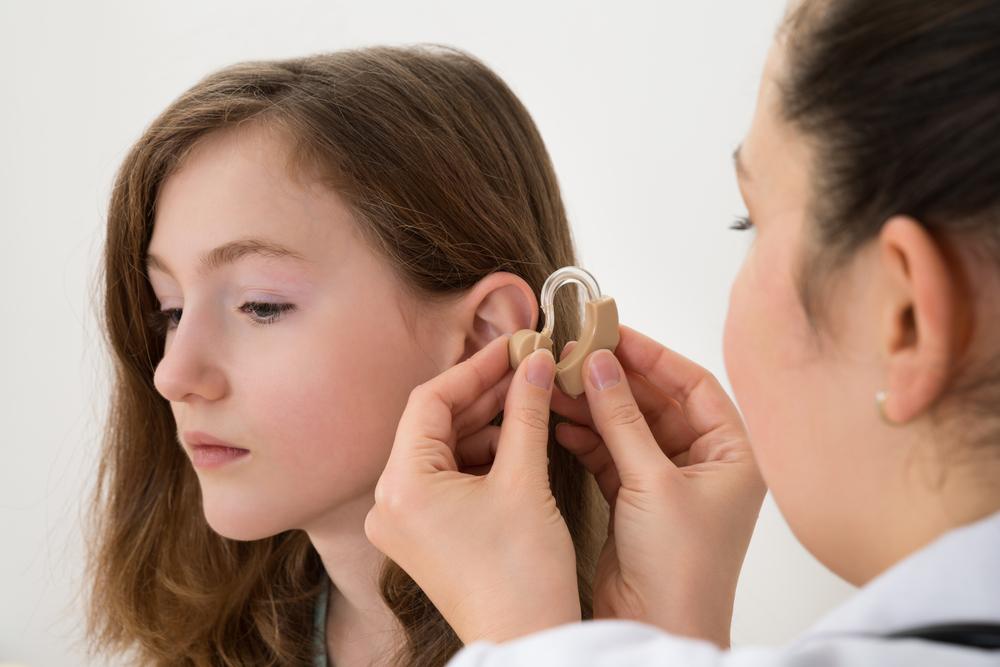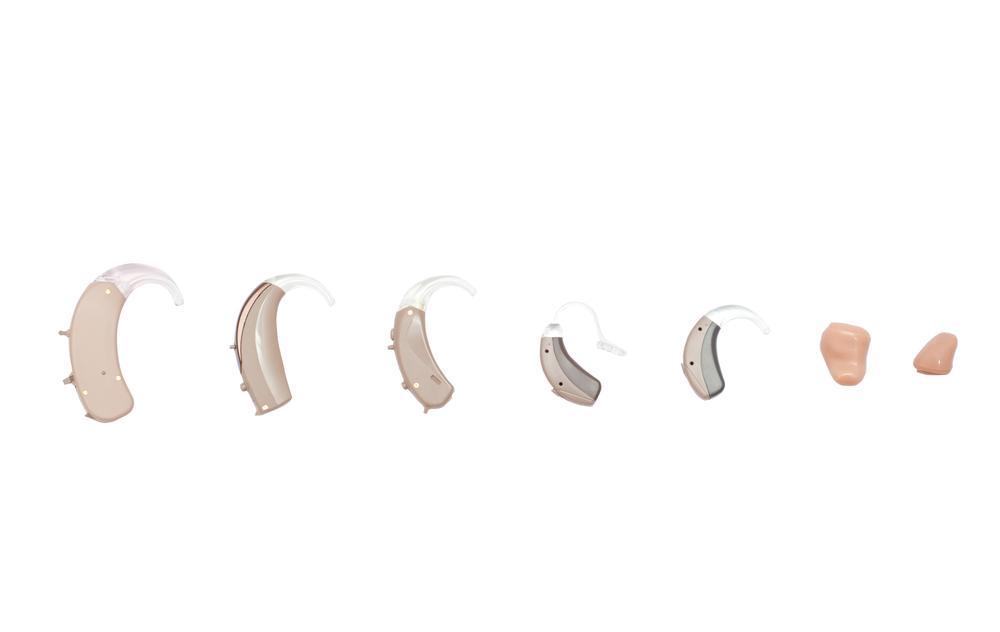Essential Tips Before Purchasing Your First Hearing Device
Choosing the right hearing aid involves proper assessment, understanding your needs, exploring available models, and setting realistic expectations. Consulting multiple professionals and involving loved ones can make the process easier and more effective. Modern devices are discreet and technologically advanced, improving quality of life for those with hearing challenges.
Sponsored

Key Points to Consider Before Buying a Hearing Device
Many individuals face hearing challenges but hesitate to seek help due to confusion or embarrassment. Hearing impairment can be lifelong but often can be managed effectively with the right solution. Most cases are treatable without surgical intervention, using external devices called hearing aids. These devices sit in or behind the ear and amplify sounds for clearer hearing. Today’s market offers a variety of brands and styles to suit different needs and preferences.
Always consult a certified audiologist before choosing a hearing aid. Here are essential factors to consider:
Comprehensive Hearing Evaluation
An accurate hearing assessment is vital, as hearing loss varies across individuals and ears. This evaluation helps determine the appropriate device power and fit, ensuring optimal comfort and functionality. The process is painless and should be done before making a purchase.
Hearing aids from brands like Miracle Ear are custom-made based on your test results to ensure the best fit.
Prioritize Your Needs
Recognize the importance of hearing aids if recommended by your audiologist. Follow lifestyle advice, such as avoiding excessive loud noises and limiting earphone use, to maintain hearing health.
Seek Multiple Professional Opinions
Don’t rely on just one consultation. Getting perspectives from various specialists can provide clarity on your condition and help identify the most suitable, affordable device options. Many brands now offer compact and discreet models.
Review Your Medical History
Disclose your complete medical background, including surgeries and medications, to your doctor. This information is crucial for identifying the root cause of hearing loss and planning effective treatment options.
Explore Different Models
Hearing aids come in various styles, including:
In-the-ear (ITE)
Behind-the-ear (BTE)
Completely-in-the-canal (CIC)
Mini CIC
In-the-canal (ITC)
Consider your comfort and preference when selecting a model. Many brands, including Miracle Ear, provide options in all these styles. Set Realistic Expectations
Understand that hearing impairment may be permanent. Your hearing aid is a helpful tool that improves hearing but may not fully restore previous clarity. Advances in technology have made devices more effective than ever.
Maintain an Open Mind
Modern hearing aids are small, stylish, and discreet. They are designed to seamlessly blend with your lifestyle, reducing stigma and enhancing ease of use.
Build a Support System
Managing hearing loss can sometimes lead to frustration. Involving family or loved ones can provide emotional support and assist with device management, making the adjustment process smoother.






